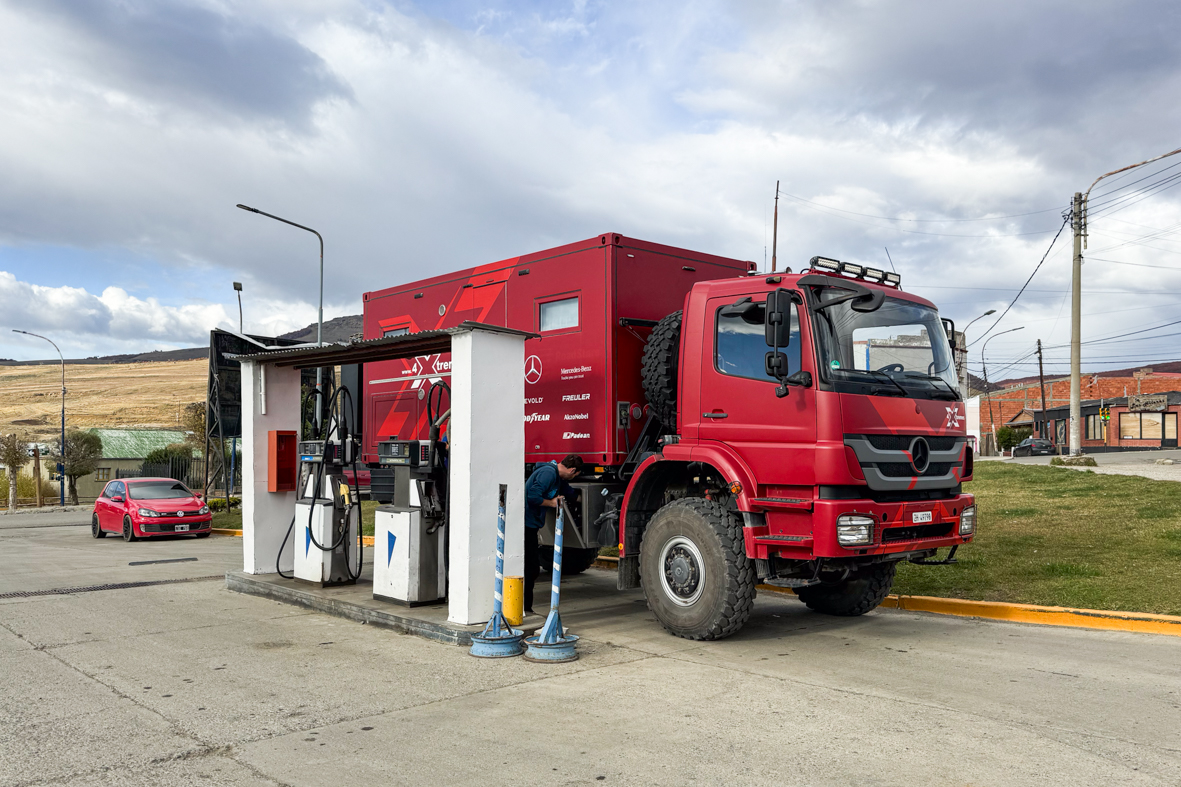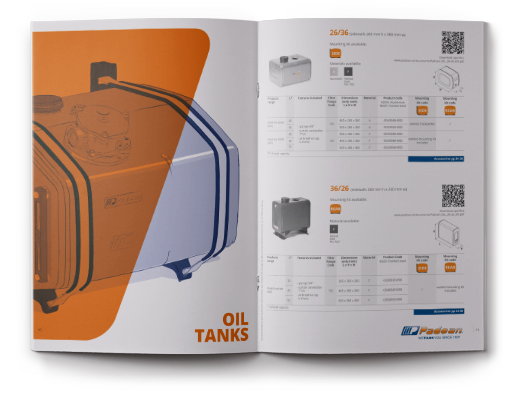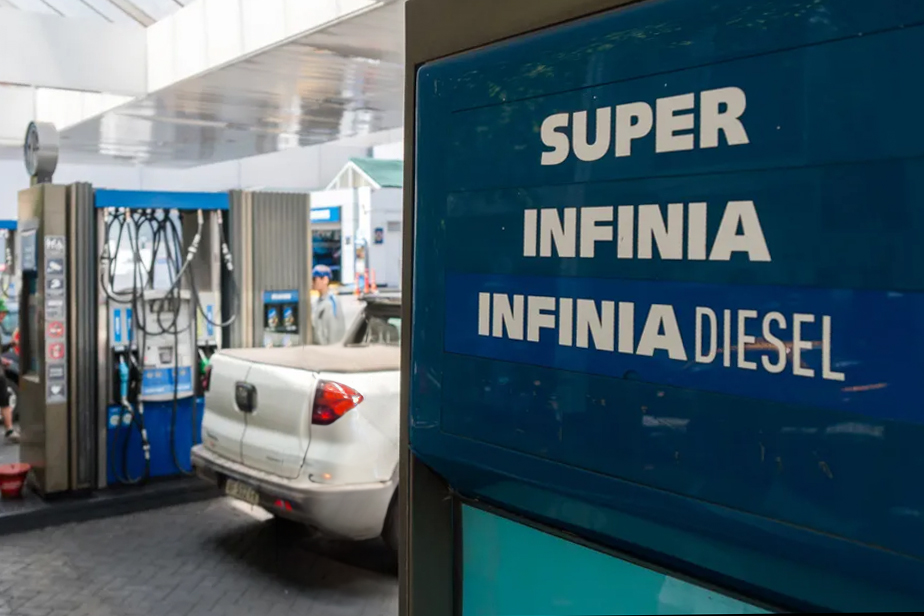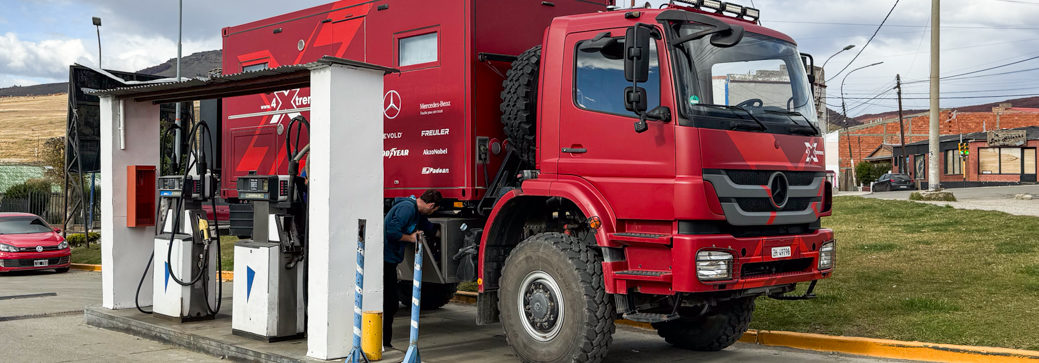
News27 Giugno 2024
TANKTRIBE – 4-XTREMES: 4 essential tips for maintaining your engines health and performance
Extra fuel filters and accessible fuel/water separators
Maintaining the integrity of your diesel engine starts with ensuring clean fuel. Always carry extra fuel filters and equip your vehicle with an easily accessible fuel/water separator.
This component is crucial as it helps remove water and contaminants from your diesel fuel; protecting your engine from potential damage.
Regularly checking and draining when necessary, the separator can prevent water buildup, ensuring optimal engine performance and longevity.
The advantage of big gas stations
When refueling, opting for larger gas stations can be beneficial.
These stations typically have a higher turnover of fuel, which means fresher diesel and less chance of contamination.
High flow rates at big stations help prevent the growth of diesel pest, a microbial contamination that can clog filters and corrode the fuel system.
By choosing well-trafficked refueling points, you reduce the risk of these issues.
Another benefit can be, that large gas stations usually have better fuel prices and chances are higher that they have the proper infrastructure to fill your water tanks with potable water.
We usually fill up our fuel tanks first, while filling them we ask if and where we can access water to fill our water tanks.
Choosing the right diesel quality
Selecting high-quality diesel is always advantageous, especially when driving in extreme conditions such as high altitudes or cold winter temperatures.
Premium diesel often contains additives that improve combustion efficiency, reduce engine wear, and enhance cold weather performance.
When driving to higher elevations, where oxygen levels are lower, or during winter, where temperatures can drop significantly, using high quality diesel ensures your vehicle runs smoothly and efficiently, so after a cold night, you don’t have to worry about starting your engine in the morning.
For example, in Argentina there are three types of diesel qualities. One has 10 ppm (equal to Eurodiesel since 2009), then there’s a a cheaper one which usually has 500 ppm, but sometimes also 1500 ppm.
Of course it’s tempting to buy the cheaper one, especially if you have to fill up 800liters, but in the long run it makes sense to buy the higher quality; with less ppm (sulphur -parts per million).
International travel: Check fuel quality before your departure
When planning to drive across borders, it’s a good idea to research the fuel quality in the next country.
Fuel standards can vary significantly between countries, impacting the engine’s performance and health.
Decide where it makes most sense to fill up your tanks based on local fuel quality reports.
Using the advantage of a large tank volume, it is possible to cross a country without refueling, thereby avoiding countries or regions with poor diesel quality.
By doing so, you can avoid potential issues with poor-quality fuel and ensure a reliable supply of high-quality diesel for your journey.
By following these tips, you can maintain your diesel engine’s health and performance, no matter where the road takes you.
Andrea & Mike
www.4-xtremes.ch
Read other articles from Andrea & Mike:
Save The Date
21 -
Scarica la nostra
brochure
Scopri il nostro catalogo, con tutte le informazioni dettagliate sui nostri prodotti.
SALVA IL FILE PDF



